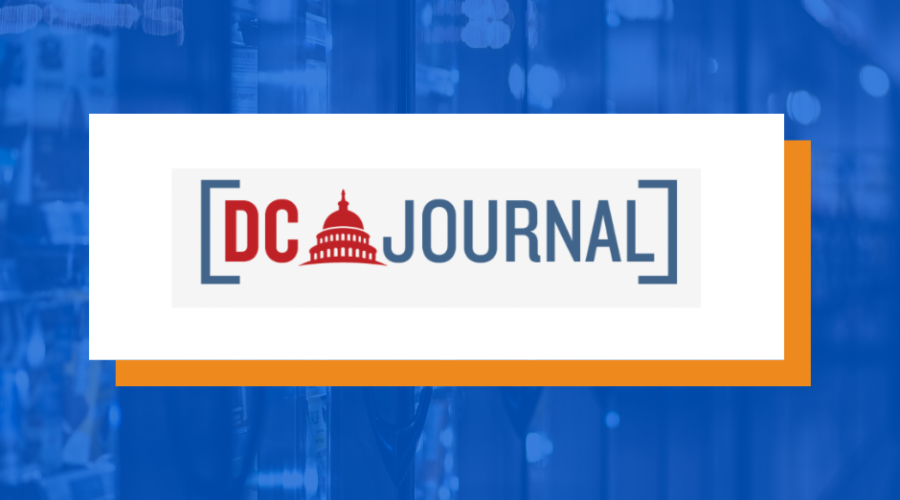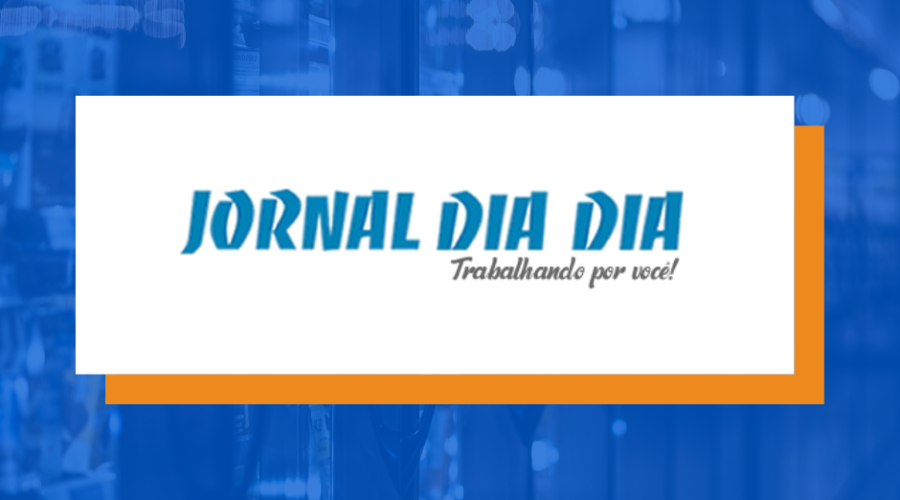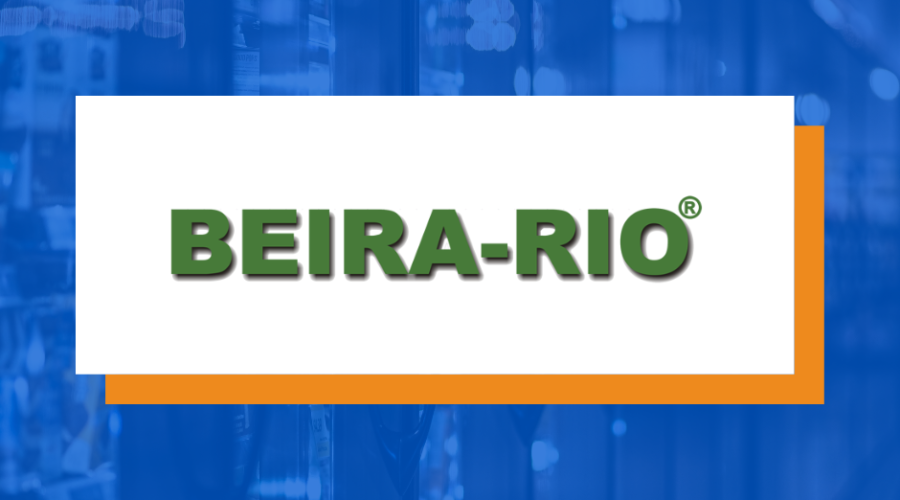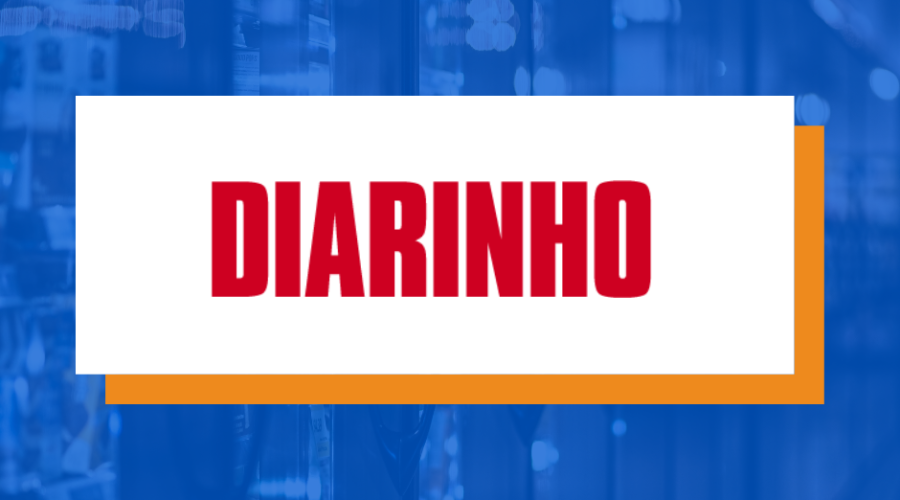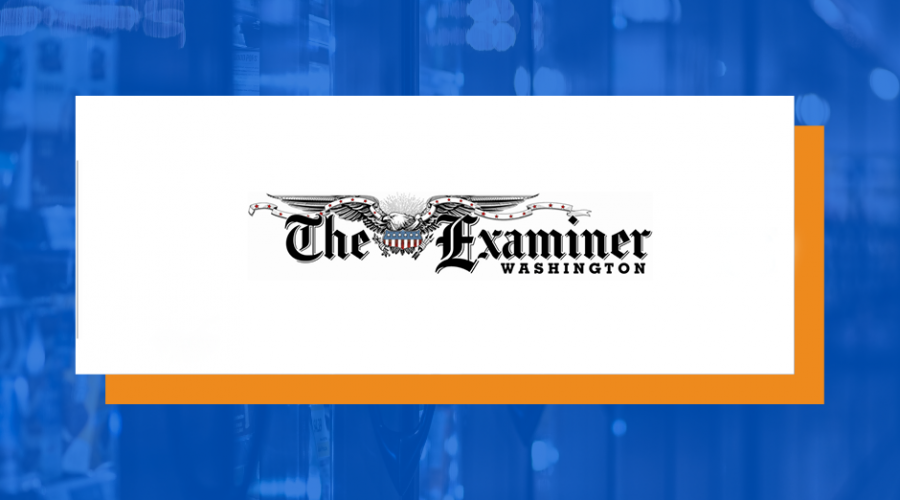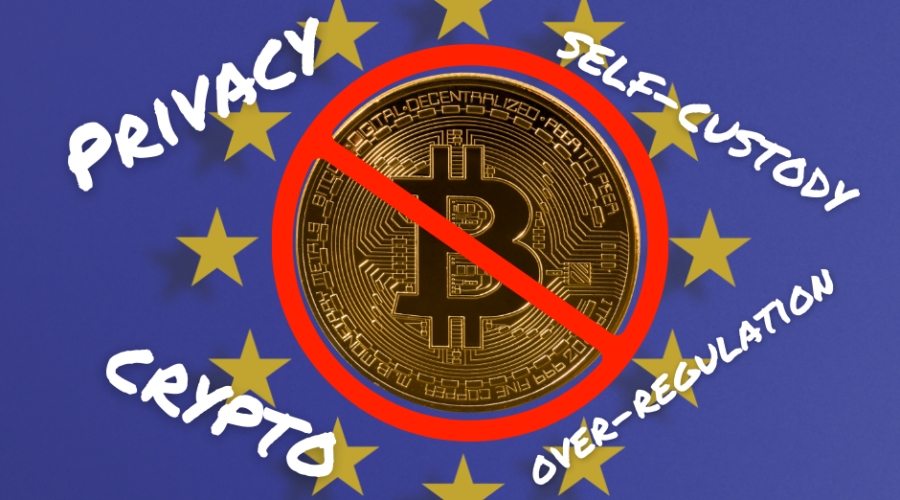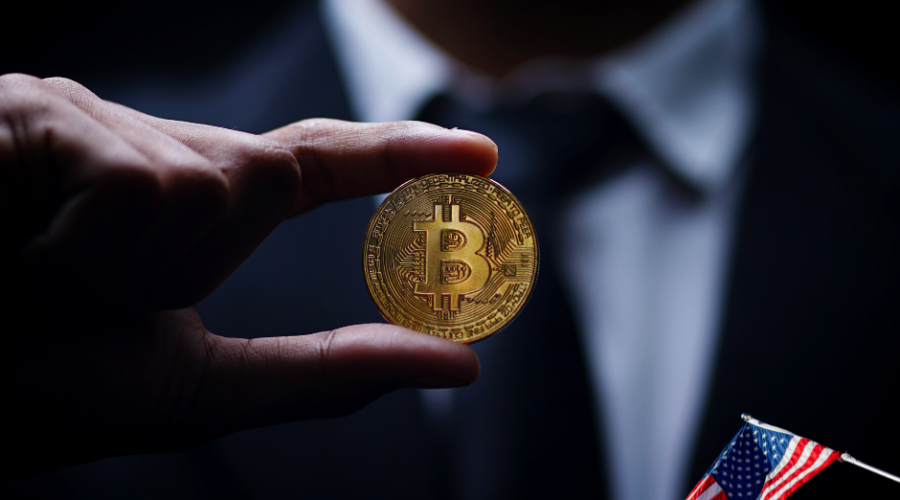Regulators and Politicians Are Coming for the App Store
New legislation and an antitrust lawsuit threaten Apple’s monopoly over its App Store. The Department of Justice recently joined Fortnite developer Epic Games in appealing the latter’s failed 2020 lawsuit against Apple. Epic alleges that the tech giant’s exorbitant 30 percent commission on in-app transactions, which users are forced to conduct through the App Store, violates competition laws and harms consumers.
Meanwhile, Congress could soon pass the Open App Markets Act (OAMA), a bipartisan bill that would stop app platforms from monopolizing payment systems for in-app transactions, restrict them from preferencing their own apps over competitors’ in-store, and require them to permit “sideloading” — the installation of unverified third-party apps outside of official app marketplaces.
This could give smartphone users access to more apps while increasing competition between developers. Lower entry barriers into the lucrative iPhone app market of more than 118 million Americans could spur innovation in apps that may not have been viable before. It would also encourage investment in developer start-ups and could lower prices for in-app purchases, including for emerging technologies like NFTs, by allowing developers to circumvent Apple’s commissions through alternative digital payment methods.
But is there more to the story?
Users aren’t likely to abandon their iPhones for competitors over costly in-app fees and a sideloading ban once locked in. Conversely, they may see this as a trade-off for better app vetting and data security and privacy controls that Apple promises. Android phones don’t levy 30 percent commissions on in-app transactions, but Google collects and monetizes user data for targeted advertising to a greater degree with fewer controls.
Though conversely, analysts note that Apple’s own data collection and monetization also fuels its growing ad business, which is expected to grow to $20 billion/year in revenues by 2025. Sideloading outside the App store certainly threatens this segment of Apple’s business.
As for security, discerning adults can trust themselves in navigating less restrictive app marketplaces or in taking precautions if they sideload unverified apps. But the same can’t be said for vulnerable demographics like children or the elderly.
Though the OAMA permits smartphone operating systems to restrict or remove apps over legitimate security and privacy concerns, this may be difficult to implement regarding sideloading. A 2020 Nokia cybersecurity reportblamed sideloading, which is already possible on Android devices, for 15 to 47 times higher rates of malware infection on those devices relative to iPhones.
In any case, Google and Apple’s alternative business models have resulted in a split smartphone market. Apple holds 59 percent of the American market, while the global market is dominated by Android, whose share is 72.2 percent. Both companies face competition from alternative smartphone manufacturers like Huawei and non-smartphone app marketplaces, including gaming consoles like the Xbox, which are exempt from the OAMA.
In a competitive market where users already choose what they value, is a legislative or court mandate limiting companies’ abilities to tailor platforms to their user base necessary or desirable? The ability to monetize the app marketplace funds capital-intensive investment in platform and app ecosystem development. Stymying this ability could harm consumers by discouraging innovation and competition between platforms.
And if Target or Walmart’s ability to “self-preference” by placing home brand products in prime locations relative to competing alternatives is an accepted business practice that isn’t seen as “anti-competitive,” then how is self-preferencing on digital platforms different? Consumers already discern between brands and often choose alternatives for reasons other than cost or product placement — whether online or at brick-and-mortar stores. Placing limitations on self-preferencing may result in stores or platforms levying higher prices from consumers elsewhere or offering fewer choices.
The OAMA is likely to yield greater choices in apps for Apple customers and greater opportunities for developers. But there could still be some adverse long-term consequences. At the very least, provisions that restrict self-preferencing should be reconsidered as they won’t meaningfully increase choices consumers already face.
Originally published here
